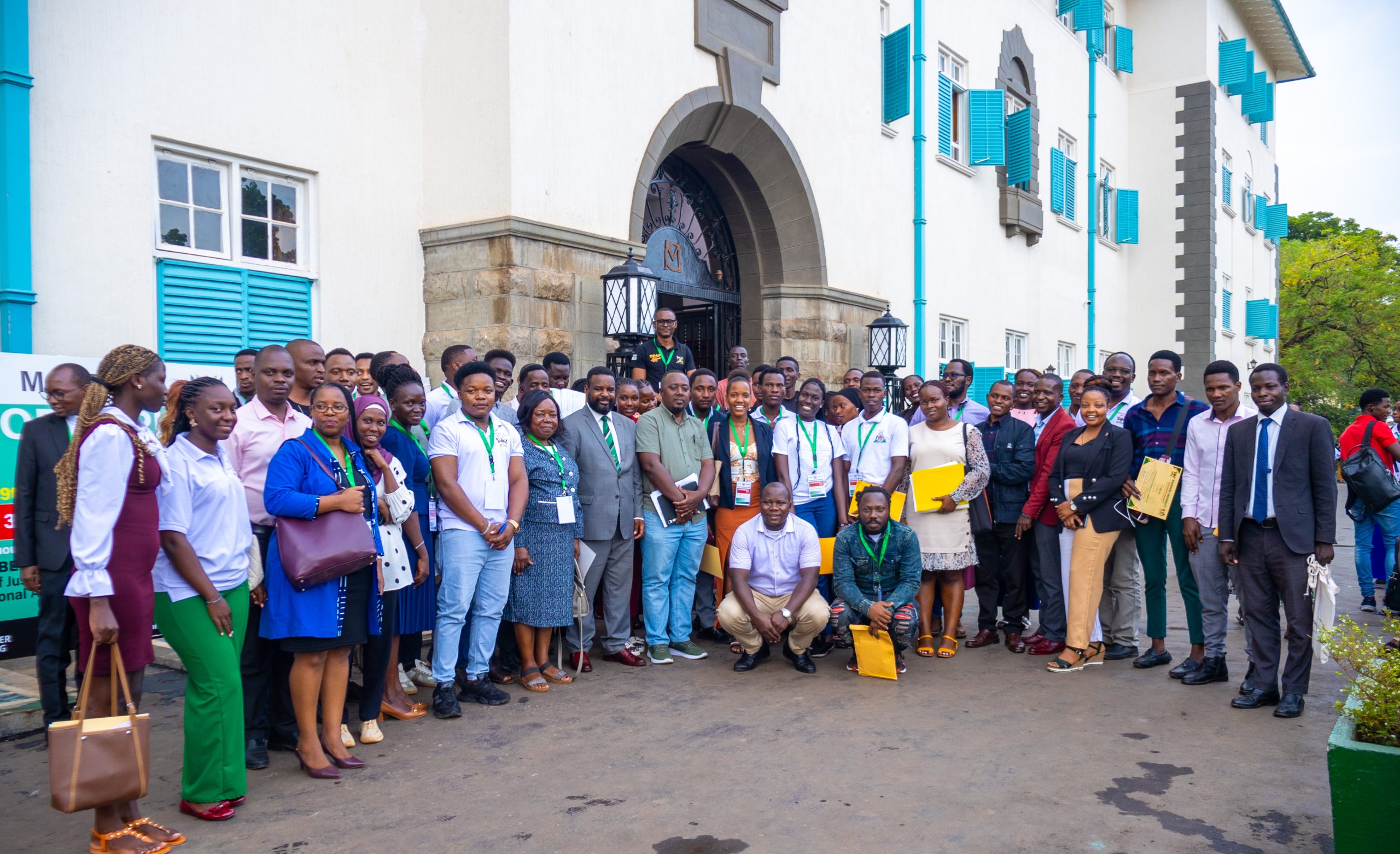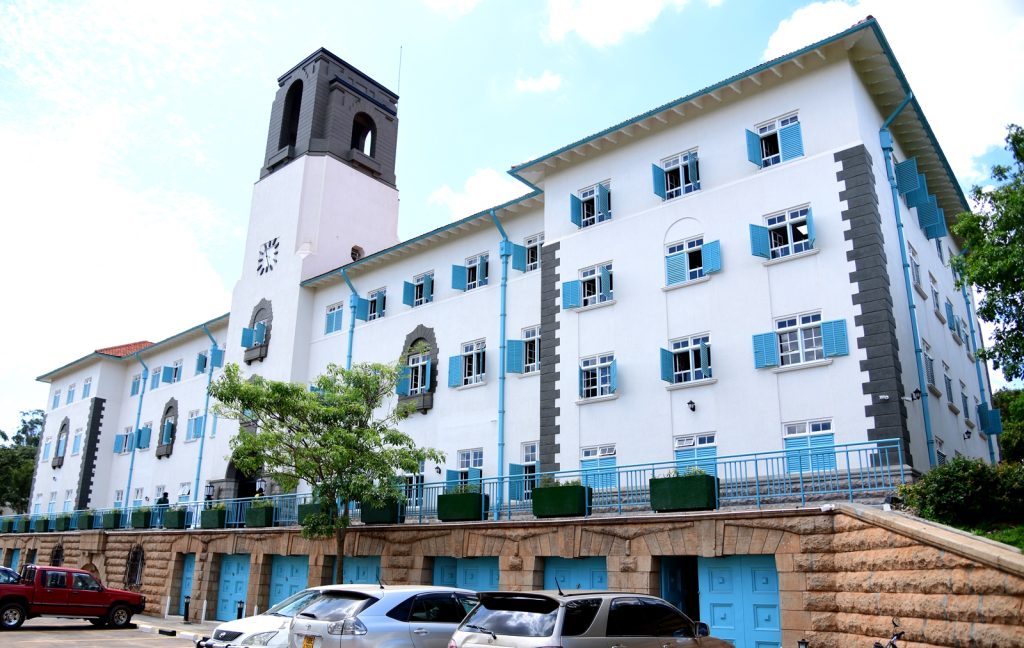Justice Egonda Urges Makerere Scholars to Lead Constitutional Review, develop National Scorecard for Public Office Performance
Kampala, Nov. 20, 2025 – Justice Egonda urged Makerere University scholars to spearhead a thorough review of Uganda’s 1995 Constitution and to design a national scoreboard to evaluate constitutional office holders. He said academia—particularly the School of Law—should draft a model constitution to guide national discussions on governance and judicial independence.
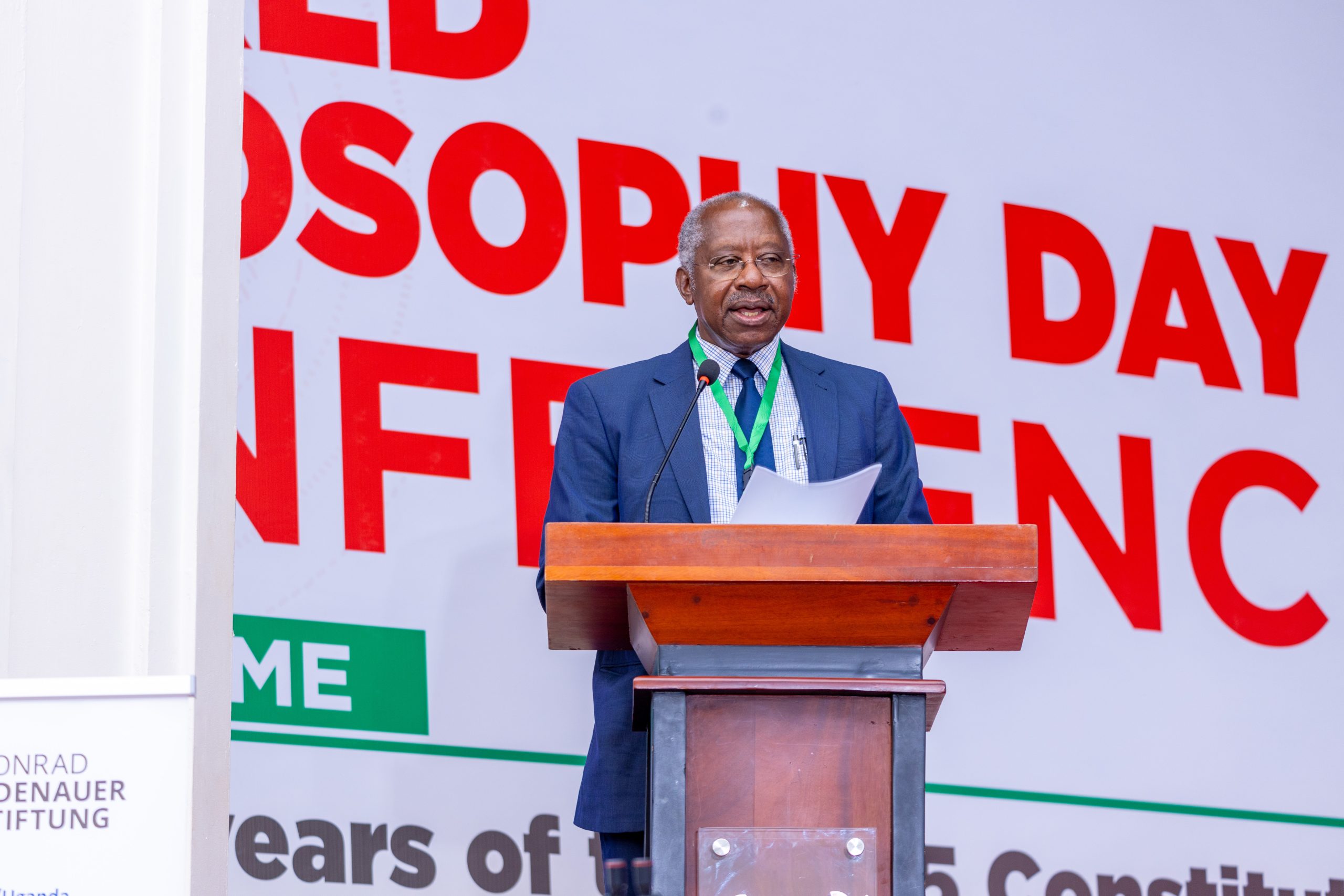
Court of Appeal Judge, His Lordship Martin Stephen Egonda made the call delivering a keynote address at a conference to commemorate the World Philosophy Day at Makerere University on 19-20 November 2025.
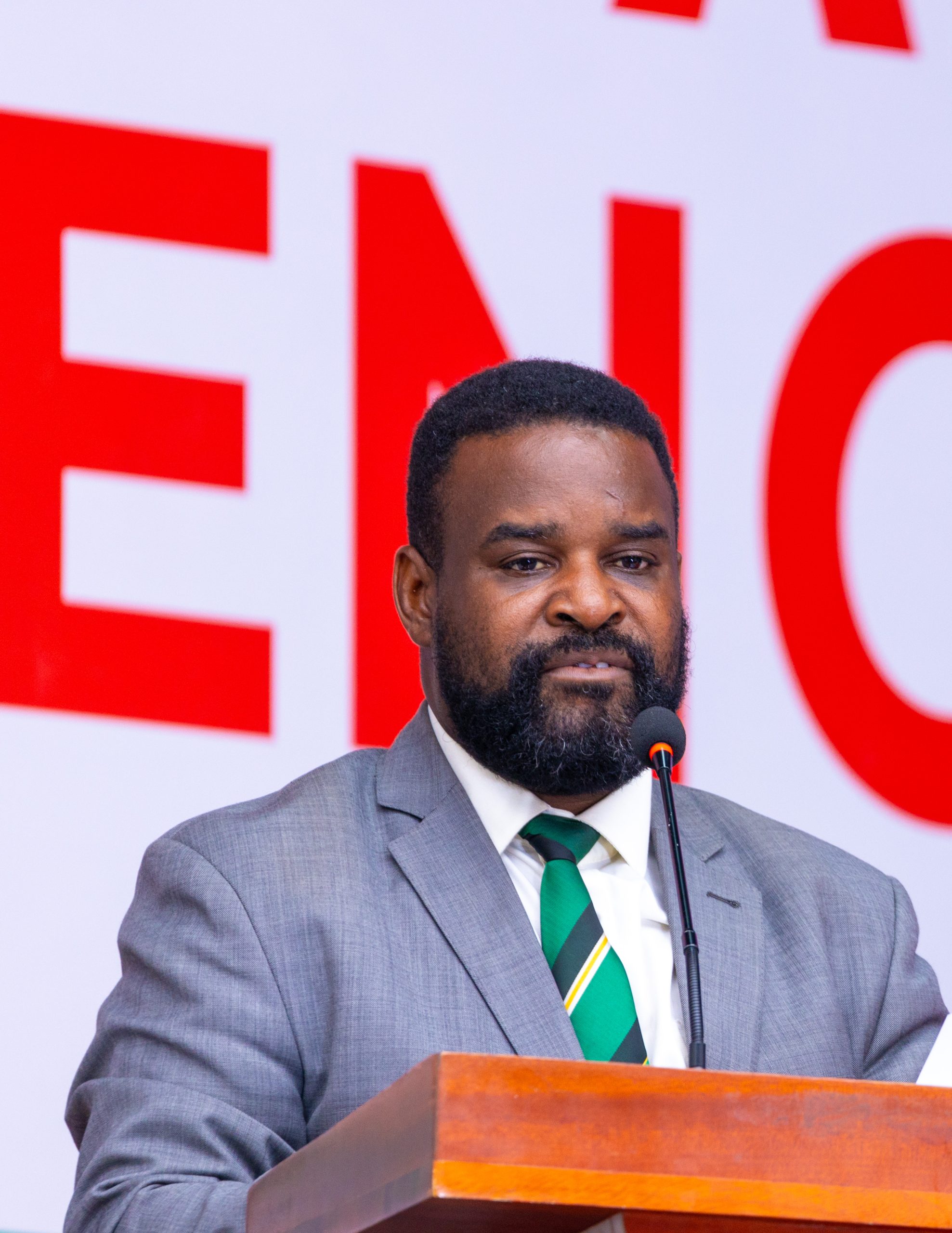
Justice Egonda warned that Uganda’s constitutional order is deteriorating requiring urgent reforms, urging academia to take lead. He called for two major initiatives: a comprehensive review of the 1995 Constitution and the creation of a national performance scoreboard to evaluate the performance of constitutional officeholders. Egonda argued that universities have the expertise to guide constitutional reform, design a model constitution, and generate independent performance data to strengthen accountability.
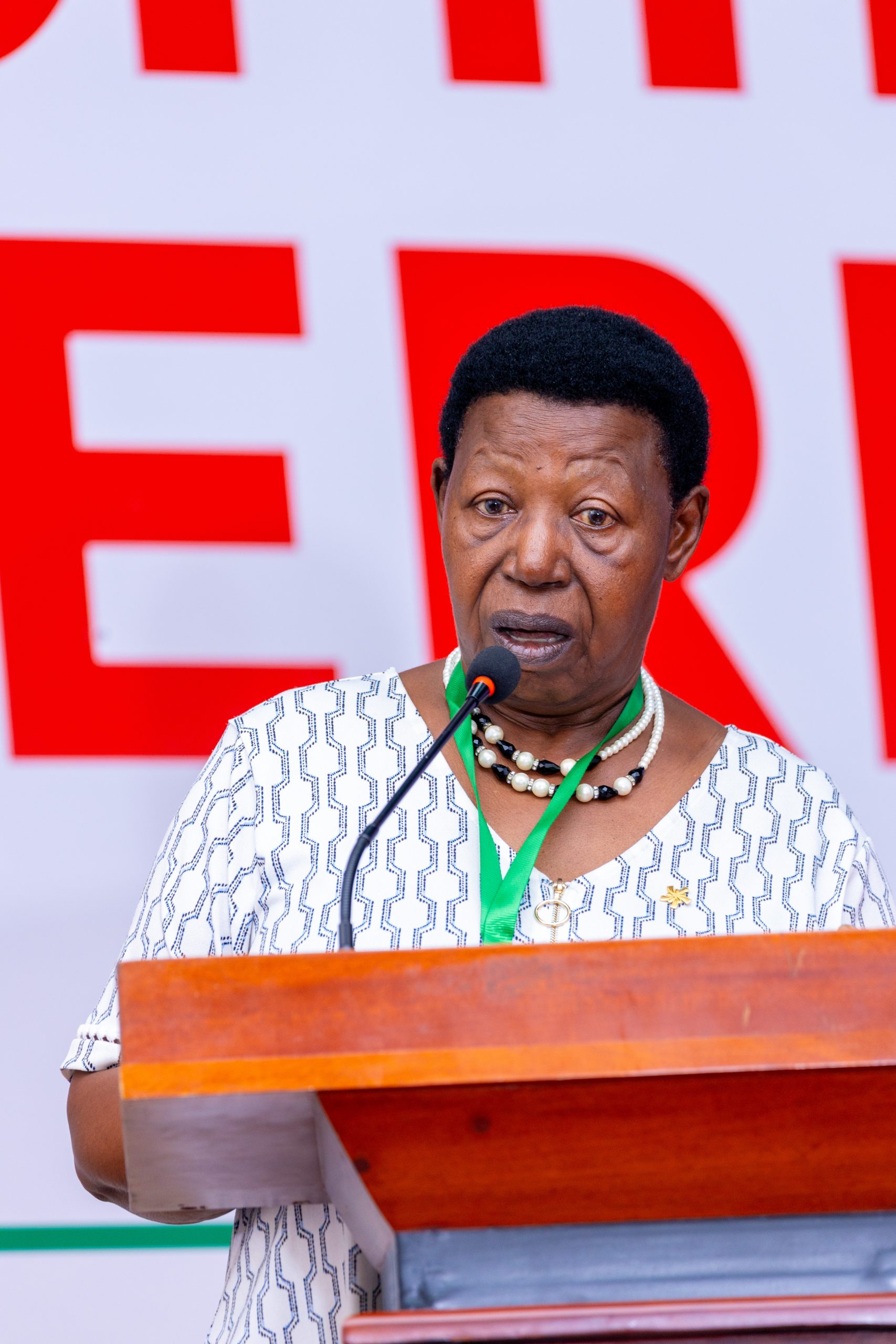
He also called for clear, measurable indicators to assess judges’ and public officials’ performance, noting that current Judiciary reports lack qualitative depth. He advised that Universities can provide independent data and constitution-based metrics. He stressed that such a scoreboard would create awareness about compliance with constitutional obligations, fight abuse of public trust and defend the Constitution by promoting obedience to constitutional mandates. “To sum it up, it would be an act of exacting accountability from holders of constitutional and public offices,” he said.
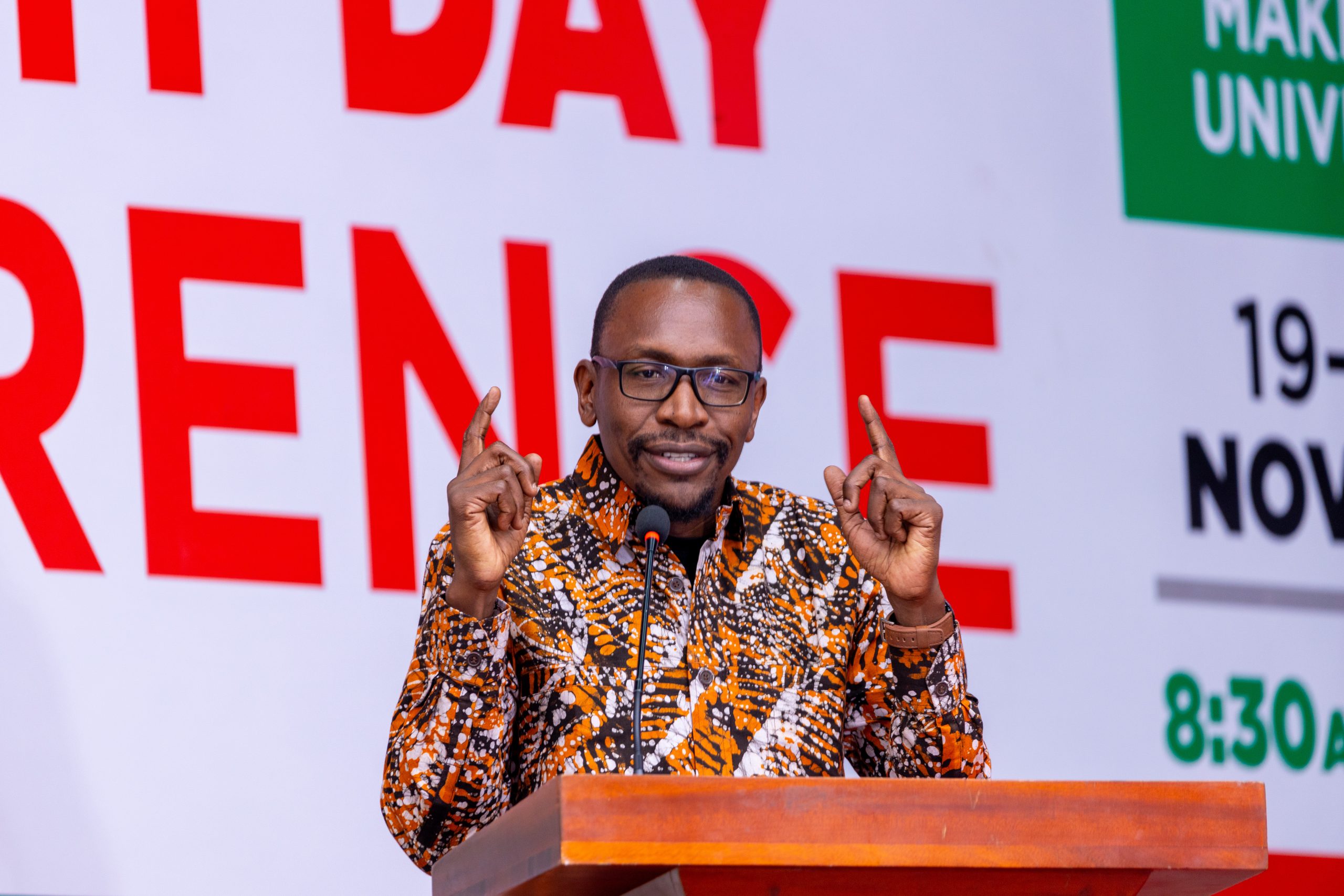
Justice Egonda cited serious constitutional failures—especially within the Judiciary—highlighting extreme delays in criminal appeals where some inmates completed long sentences before their appeals were heard. He highlighted the systemic dysfunction in case management, unreliable digital judicial systems, leadership vacuums in the Judiciary.
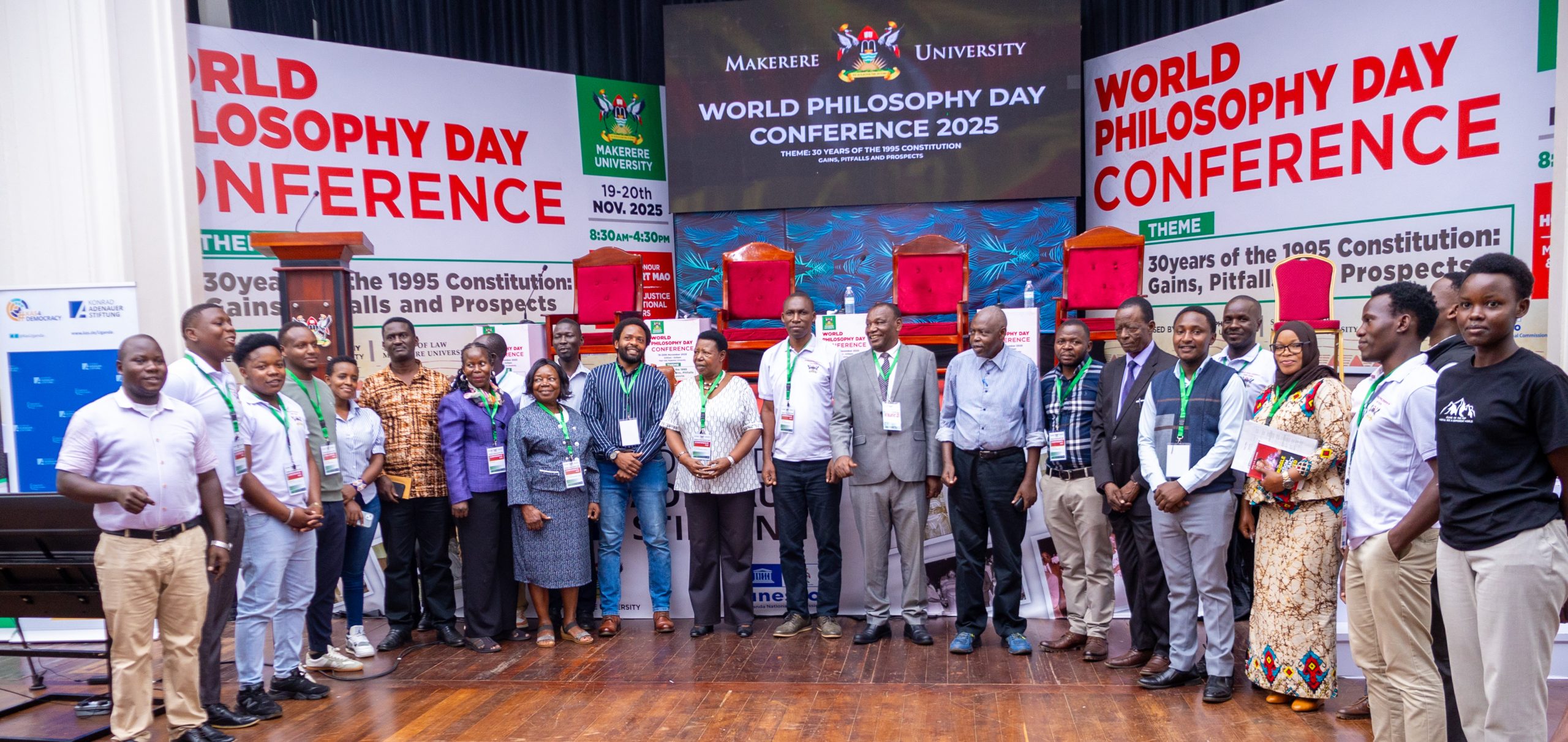
Justice Egonda highlighted a recent judicial review in Kabale, where the Deputy Chief Justice held an open session with stakeholders. A representative from Ndorwa Main Prison reported that 20 inmates had waited months for High Court judgments, with no mechanism to address the delay. Initial checks of the judiciary’s computerized management system showed no pending judgments. However, after updating records following the prison’s submission, officials confirmed the existence of stalled criminal cases and pending judgments, particularly due to transfers of trial judges.
Panelists responded with broader reflections. Dr. Miria Matembe warned that Uganda now has a “constitution without constitutionalism,” arguing that power has been captured and constitutional safeguards eroded, including Parliament’s independence. She urged citizens to reclaim constitutional power, confront corruption, and defend truth even at personal cost.
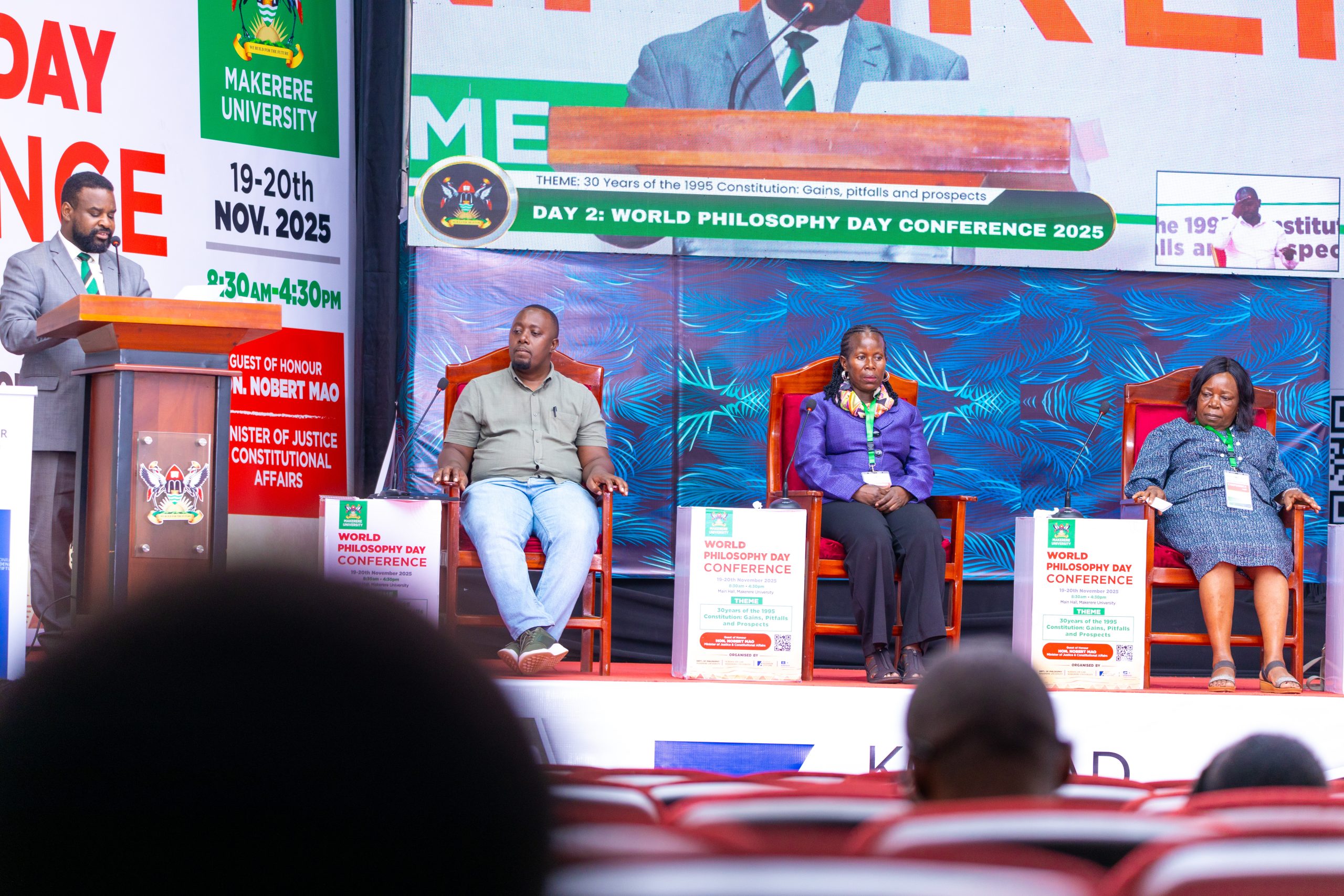
Professor Chris Mbazira praised Egonda’s condor but emphasized that constitutional reforms alone are inadequate without accompanying political transformation. He said Uganda’s hybrid regime—where informal power overrides formal institutions—must be dismantled for true constitutionalism to take root.
Former Constituent Assembly delegate Hon. Loice Bwambale urged Ugandans, especially youth, to take responsibility for preserving constitutional gains and addressing unresolved issues such as regional representation and land questions. She called for election of principled leaders, civic engagement, and careful review of entrenched constitutional provisions tied to public participation.
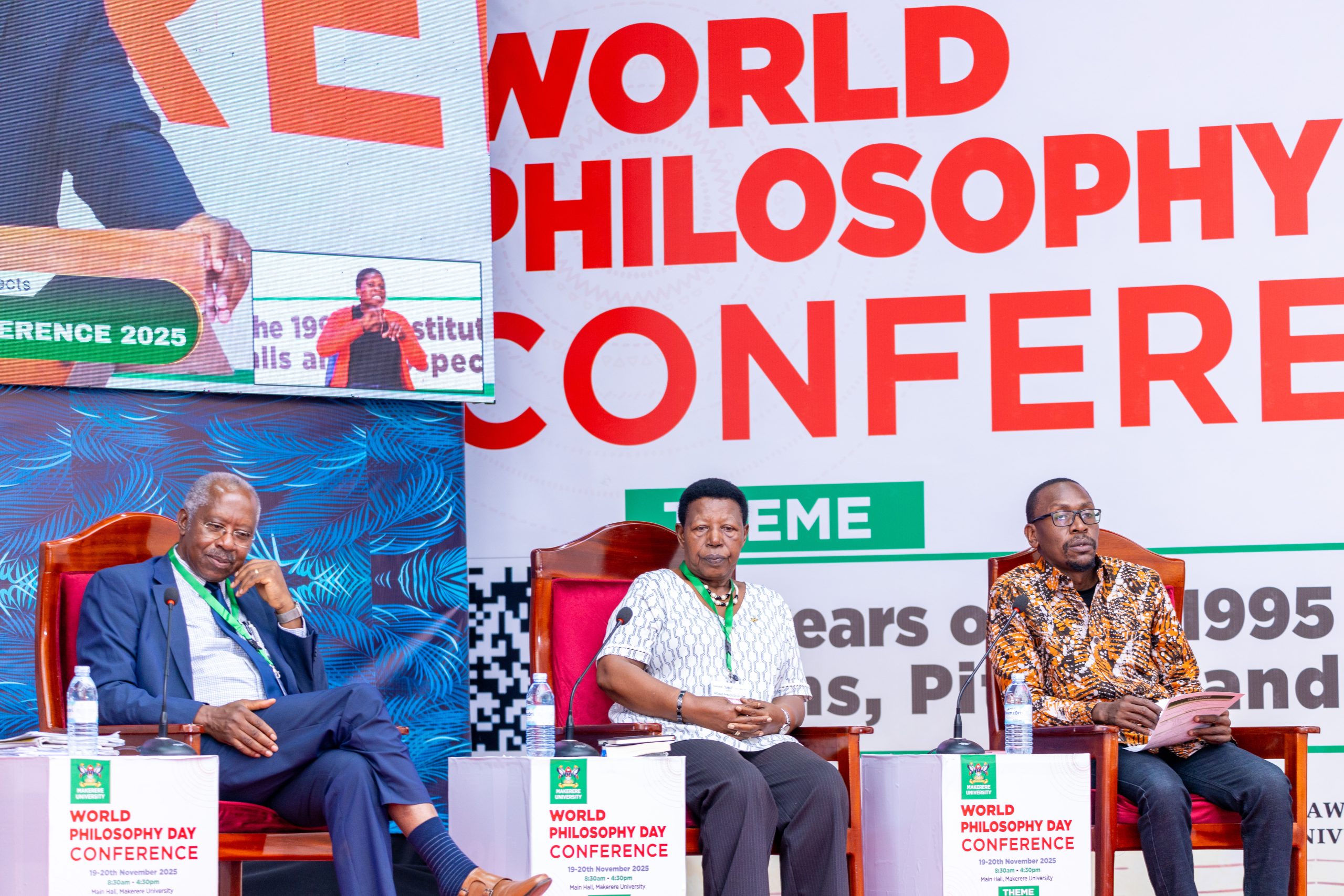
Overall, the plenary discussions underscored that restoring constitutionalism in Uganda requires institutional accountability, political reform, citizen activism, and renewed respect for constitutional principles. Specific issues raised during discussion included:
- Accountability necessary for elective positions and offices
- Introduction of term limits for all elective positions
- Ugandans have been conditioned to accept a mediocre leadership model
- The elites including researchers and academia advised to inspire the general population to get involved in constitutionalism
- Sensitization and civic education for members requiring more information. It was noted some members have given up hope for any change
- A National dialogue for all Ugandans. The recommendations be cascaded to the population and for appreciation by the population who think constitutionalism doesn’t concern them
- Reflect the disintegration of our neighbours like Sudan for lessons to Ugandans
- Commitment by the leaders to hand over power peacefully
- Each of us ask what role everyone can play
The 2025 World Philosophy Day conference at Makerere University concluded with strong calls for renewed constitutional reflection, ethical leadership, and civic responsibility as Uganda marks 30 years of the 1995 Constitution.
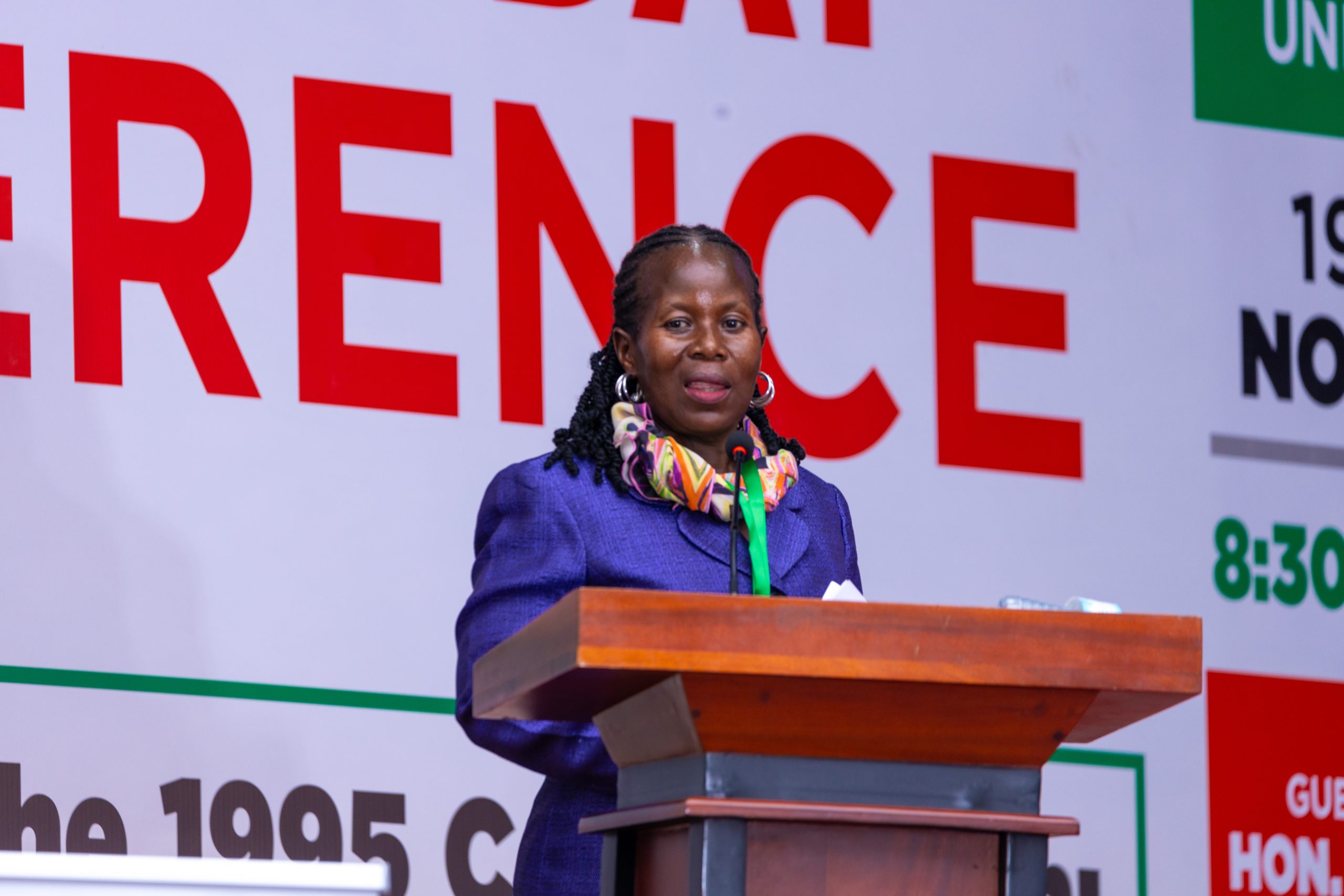
Delivering closing remarks, UNATCOM’ Dr. Pauline Achola, emphasized philosophy’s role in promoting peace, ethical reasoning, and sustainable development. She urged continued examination of the constitution’s gains and gaps and reaffirmed UNESCO’s commitment to supporting commemoration of the World Philosophy Day dialogue in Uganda.
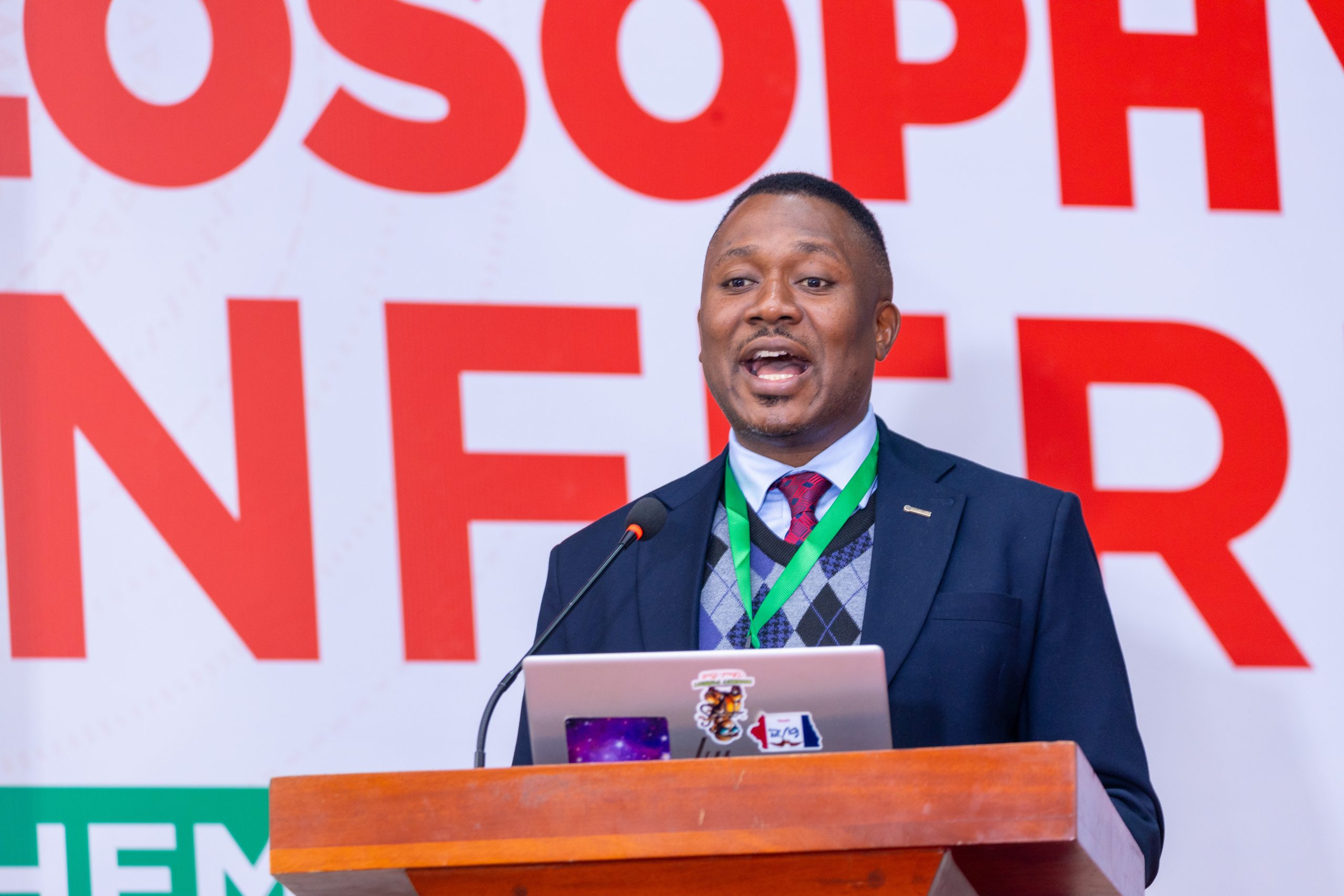
In his speech, Bernard Nkone of Konrad Adenauer Stiftung highlighted major achievements under the 1995 Constitution—human rights, separation of powers, gender equality, and civic participation—while warning that challenges such as corruption, political polarization, and limited access to justice persist. He stressed empowering youth to protect democratic values.
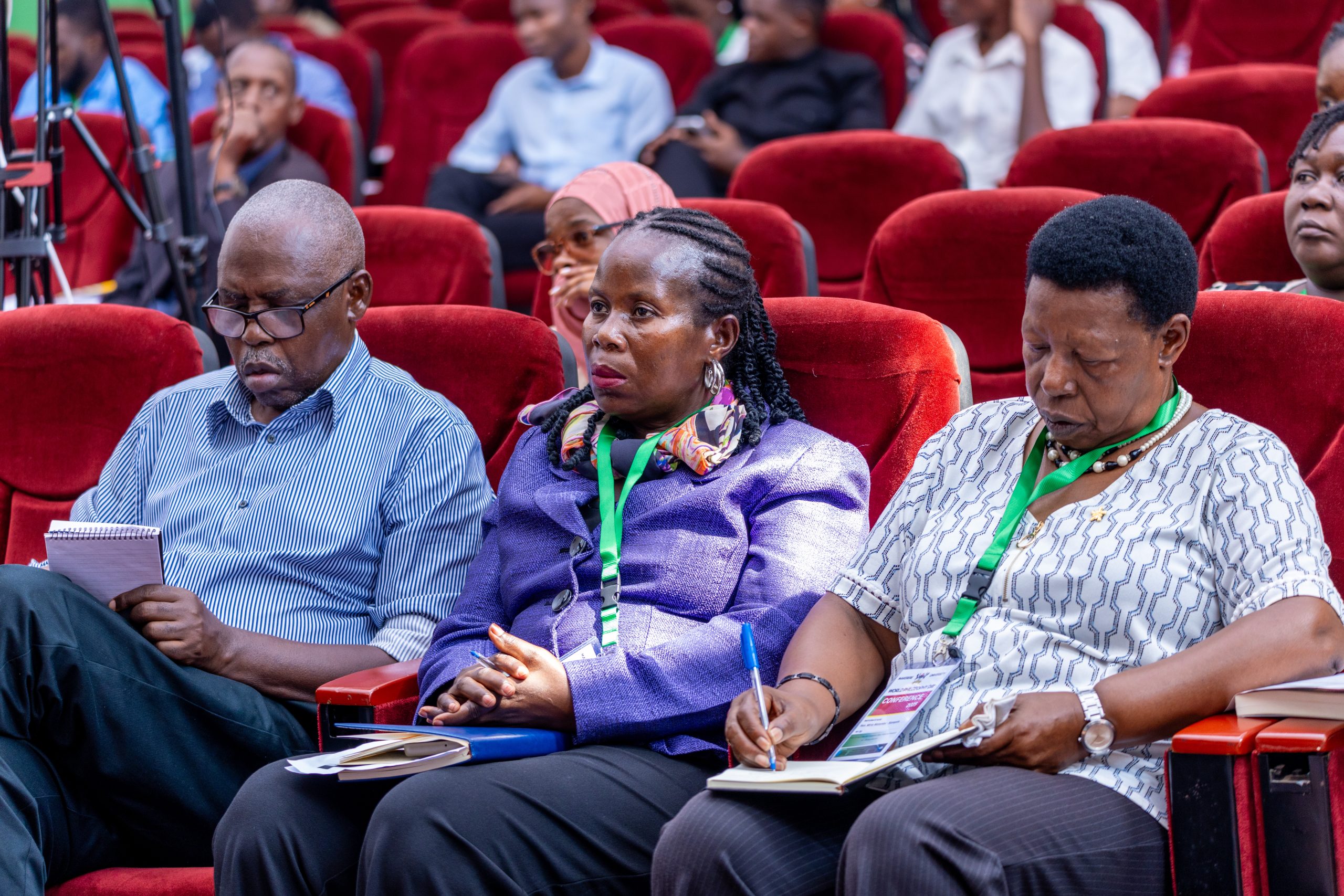
Prof. Robert Wamala – Director Research and Innovations, represented Prof. Sarah Ssali -Deputy Vice Chancellor/Academic Affairs Makerere University. Reading her speech, he underscored philosophy’s importance in fostering ethical leadership and active citizenship. He urged participants to translate conference discussions into policy influence and civic engagement.
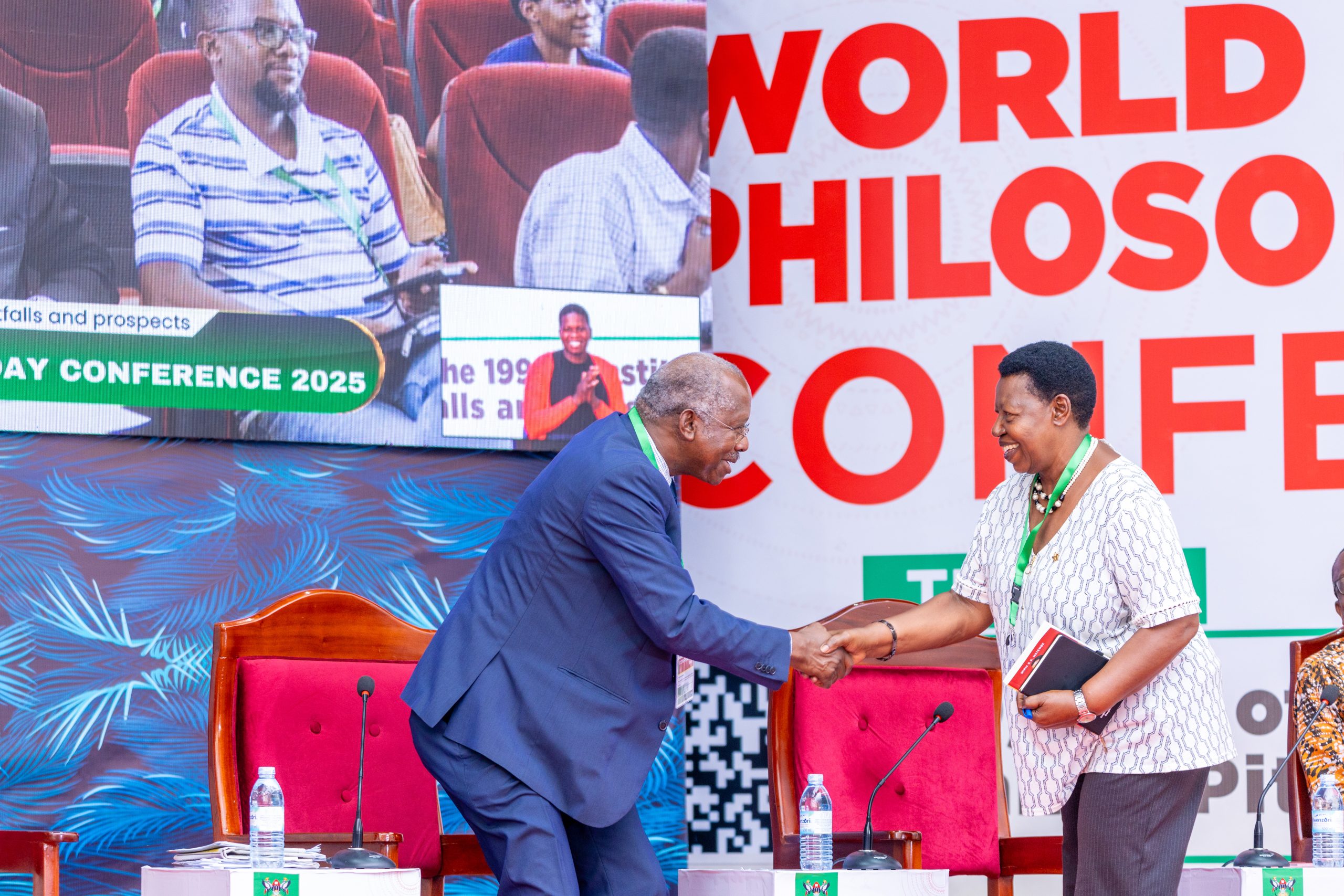
The conference ended with recognition of student representatives from the Makerere University Philosophers’ Society, emphasizing youth contribution in national dialogue.
By Zaam Ssali and Jane Anyango

